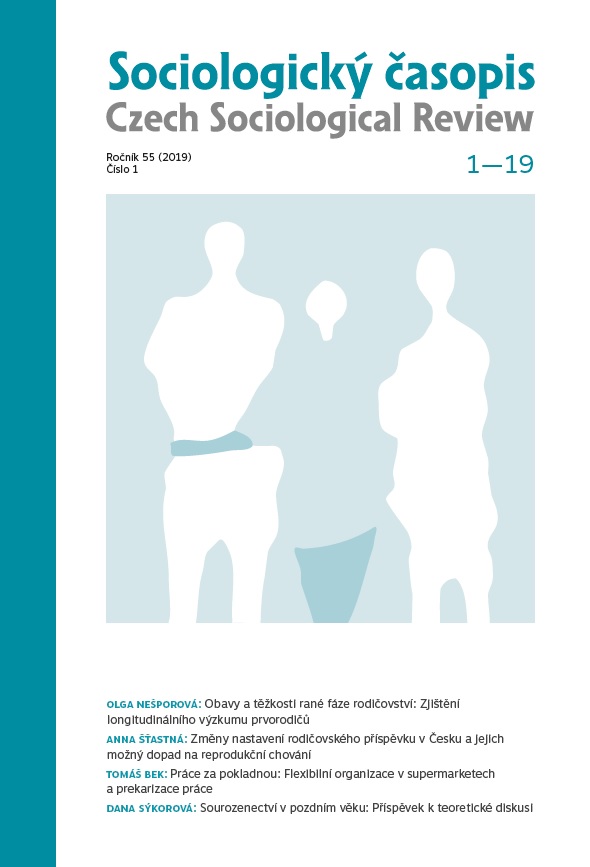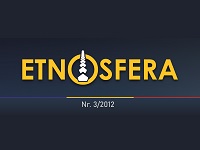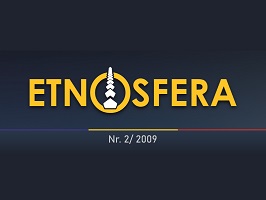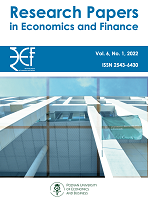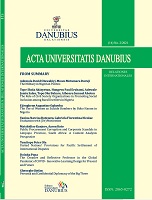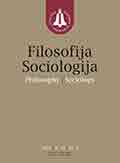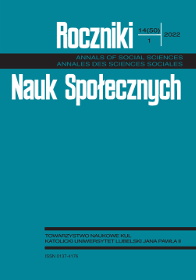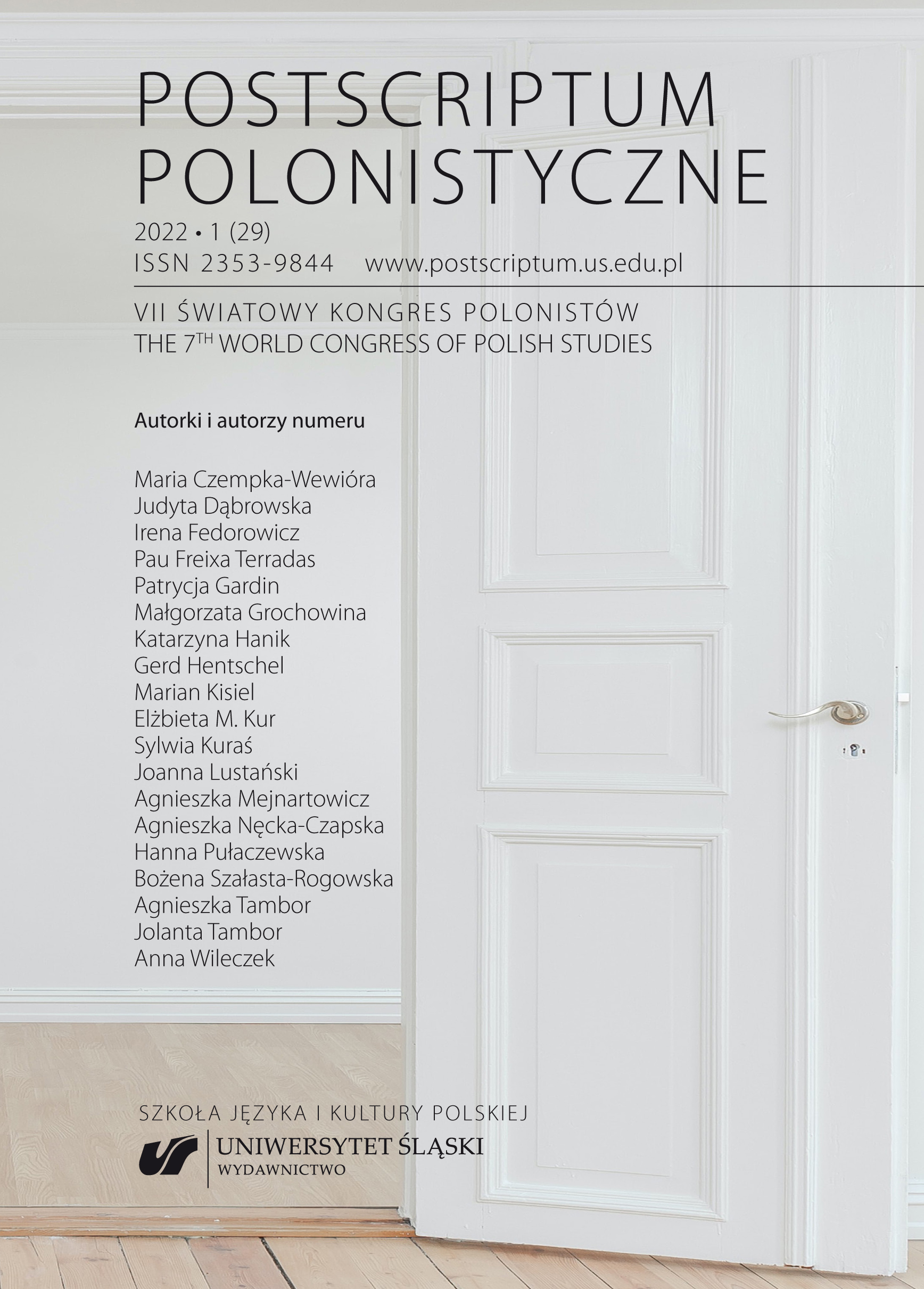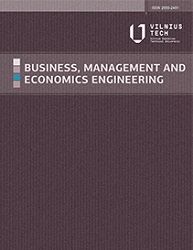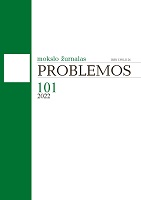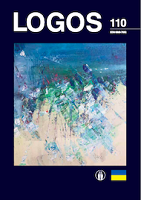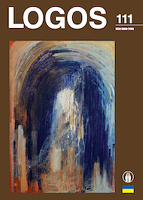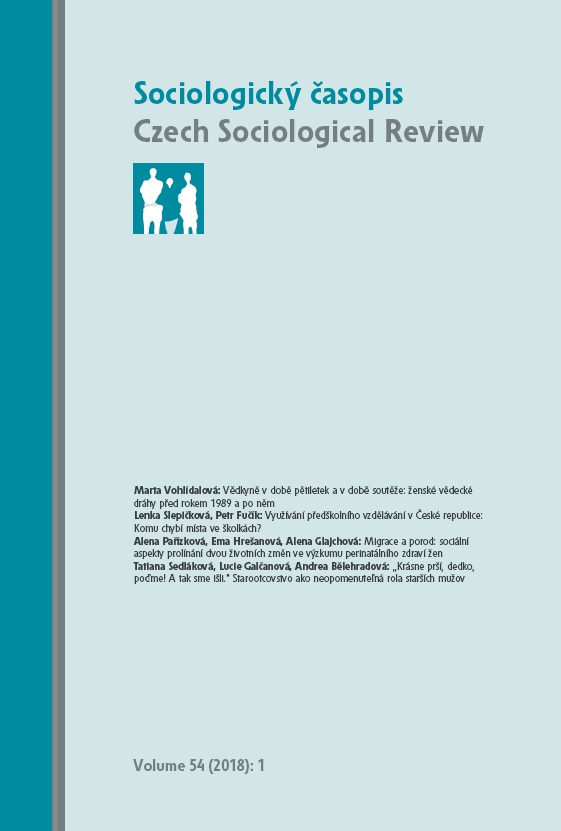
Využívání předškolního vzdělávání v České republice: Komu chybí místa ve školkách?
This article seeks to contribute to the debate on social stratification in Czech education and at the preschool level in particular. It draws on secondary data from several surveys and examines whether the use of preschool varies by parental education and income. Combined with data on preferred employment regimes, the article explores the question of whether parents with higher levels of education and income are advantaged when it comes to their children attending preschool. The results show that the use of preschool facilities is relatively uniform across Czech households. While preschool attendance is not very common among children up to the age of three, after three years of age daily, full-day attendance predominates, with 94% of children aged five attending preschool. While there are no significant educational differences between mothers in the use of preschool care, there are when it comes to preferences. It is significantly more often university-educated mothers who are found to use institutional childcare less than they would like to, and it is they who are also more often found to be at home with their preschool-age child despite their wishes otherwise. Institutional provisions thus prevent women who would like to return to work earlier or work more than the system allows from pursuing their preferences. The results also show that access to institutional care significantly structures the income opportunities of households (rather than it being that households’ income opportunities structure the use of care), and subjective assessment also confirm this.
More...
